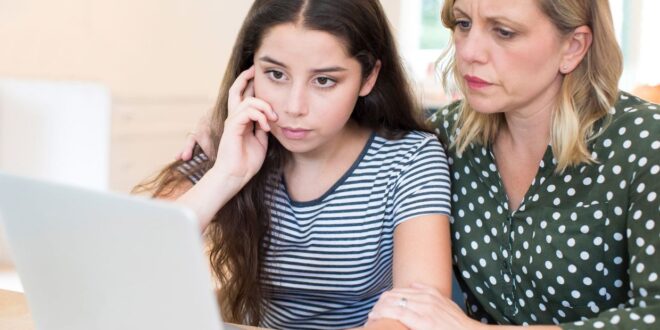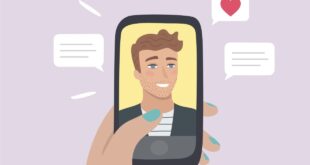Social networks are often accused of all manner of evils. But social media bans may not be the answer to improving young people’s online safety and preserving their mental health, researchers say.
While social networking sites, and screens more generally, are often singled out as being harmful to young people’s mental health, research by Professor Eiko Fried of Leiden University (Netherlands) and Margarita Panayiotou of Manchester University (UK) suggests that there is no concrete evidence to support such claims.
According to their research, there is no clear and direct link between the use of social media and the deterioration of young people’s mental health. The researchers examined numerous studies on the subject and found that the results were often contradictory and unreliable. Indeed, many factors can influence young people’s mental health, such as family relationships, schooling and social environment. It is therefore difficult to determine with any certainty the real impact of social networks on their mental well-being.
“There is no concrete evidence that social media has negative effects on the mental health of many or most young people, and contrasts with some popular science accounts that are not grounded in facts,” the researchers explain in an article posted online.
However, it’s important to recognise that the use of social networks can lead to problems such as cyberstalking, misinformation, overconsumption, loss of self-confidence due to the use of filters, and body dysmorphia. Despite this, it should be noted that these problems are not new, and that similar accusations already existed in the days when media like television and radio, were viewed as propagators of negative influence.
“The key difference between experiences on social media and traditional media or school is that young people have not been banned from the latter. Instead, we have focused on implementing and evaluating initiatives that equip young people with important skills to help them manage their world,” the researchers explain.
Considering other levers of action
As a result, the authors of this research propose solutions to help young people use social networks in a healthier, more responsible way. Firstly, they recommend that parents and educators talk to young people about the potential risks of using social media, and encourage them to think about their use. The introduction of social media education programs in schools, to help young people develop digital skills and an understanding of social networks, is recommended. Finally, they encourage social media platforms to take steps to combat cyberbullying and misinformation.
Moreover, a ban on social networks could have unintended negative consequences, says Professor Eiko Fried. When researchers actually talk to young people about their experiences, they find that, “while social media can be challenging for them, they also serve as important systems for peer support, resource exchange, and destigmatization,” according to studies. Body positivity and mental health awareness are just two of the many topics evoked.
The researchers also highlight young LGBTQ+ people as “a vulnerable group in terms of poor mental health and suicide risk,” and who stress the importance of certain aspects of social media for finding comfort and connecting with others. – AFP Relaxnews
 BeritaKini.biz Berita Viral Terkini di Malaysia
BeritaKini.biz Berita Viral Terkini di Malaysia





